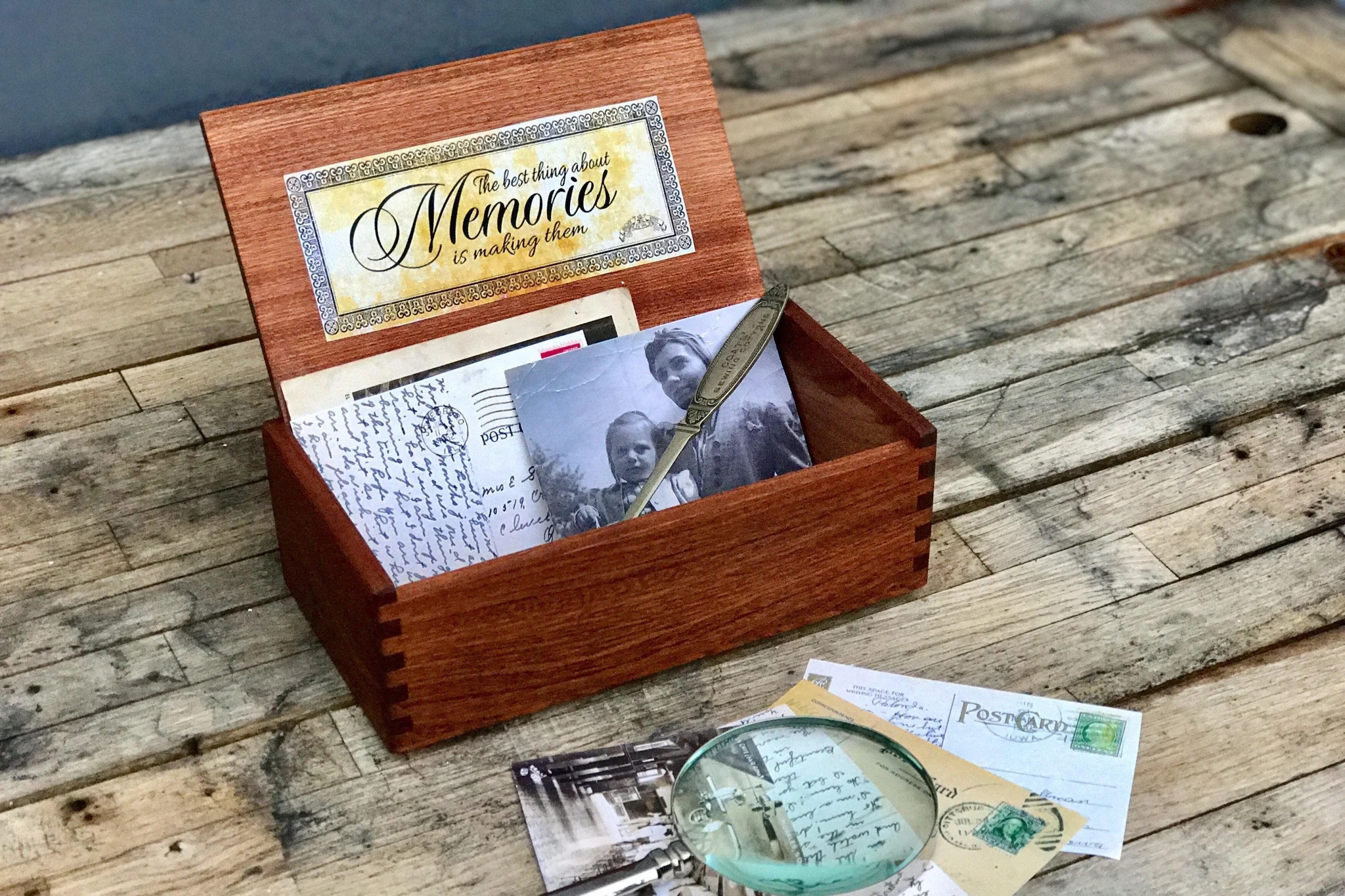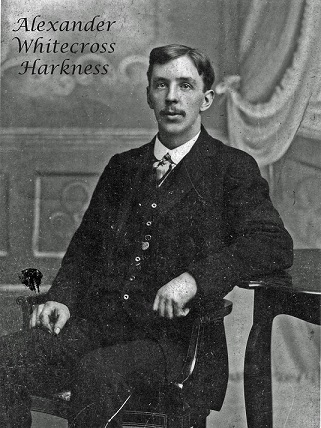I reach into the Magical Memory Box again and take out a business card saying ‘best wishes’ from Mrs Campbell. Her husband is Capt. A. R. Campbell. who was Manager of the Highlanders’ Institute34. This brings me back to the story of my parents and the conversation I had with my mother about 15 years ago. She talked about how she met my dad and consequently, the wedding that came after:
“I worked at the Highlanders’ Institute, 27 Elmbank Street, Glasgow where I met your dad in 1940. He was billeted there as he was in the R.N.V.R. The Institute was a series of clubs which provided accommodation for people from the Highlands of Scotland, when coming to Glasgow.”
Comment: In other words, when my father had to travel to Glasgow from the Holy Loch, he was billeted at the Institute.
Lesson on Geography
It was definitely a small world for my parents their circle. Many of their significant events happened within the area of the Institute at Elmbank Street where they met, and where she worked. My mother and her family lived in a tenement building in Scotia Street was near. It was also near Glasgow Empire Theatre where they had a night out five days before their wedding. It was also near St. George Church where they got married on October 4; of course, it was just as near George Hotel where they spend their honeymoon night. All of these locationswere just around one mile in diameter north of the River Clyde, and within the arc of the present-day M8.
It must have been a bit of a tight schedule – 5 (3?) days leave, a night out, a wedding, and the ‘honeymoon night’ at the hotel, and travelling back and forth between the Holy Loch and Glasgow!
The Honeymoon
What’s more, the ‘honeymoon’ – that is the night spent at the George Hotel was of a very short duration. The Second World War had started little more than a year before, on September 1, 1939. Only a short leave was granted for very special reasons, such as getting married.
War greatly disrupted people’s lives, but it didn’t stop them getting married or having children. My three eldest brothers were born during the Second World War. My grandparents on both my mother’s side and father’s side were married during the First World War. Even my father was born during the First World War.
Perhaps wars affect birth, marriage, and divorce rates. In fact, the marriage rate increased greatly in Britain at the start of the Second World War. On the other hand, the divorce rate spiked at the end of the war35. This is also interesting in relation to the increase in the divorce rate during the present Covid Pandemic (2022).
The River Clyde flows into the Firth of Clyde, and the Holy Loch adjoins the Firth. If one was going to be ‘poetic’, one might say that my father sailed from the Holy Loch and travelled up the Clyde to Glasgow to meet his loved one – my mother! Although, he certainly would not have done this in Girl Ethel! (or did he?!)
Post-Wedding
It seems possible that my parents did not live together after they got married because of the demands of war service. However, when she became pregnant this must have in one way or another been a catalyst for them moving into their first home. A telegram from my grandmother to my mother on my mother’s birthday 21 May 1942 corroborates this.
Sources
34https://digital.nls.uk/an-comunn-gaidhealach/archive/125146088?mode=transcription Read: 12 June 2022.
35https://www.ons.gov.uk/peoplepopulationandcommunity/birthsdeathsandmarriages/articles/victoryineuropedayhowworldwariichangedtheuk/2015-05-08 Date of reading: 28 Jan. 2022.
37https://en.wikipedia.org/wiki/Shetland_bus The ‘Shetland Bus’ was the nickname of a clandestine special operations group that made a permanent link between mainland Shetland in Scotland and German-occupied Norway from 1941 until the surrender of Nazi Germany on 8 May 1945. M/B Fiskergutten (M 88 H) was one of the boats that escaped https://www.warsailors.com/shetlandbus/boatsf.html. Read: 9 April 2022.



